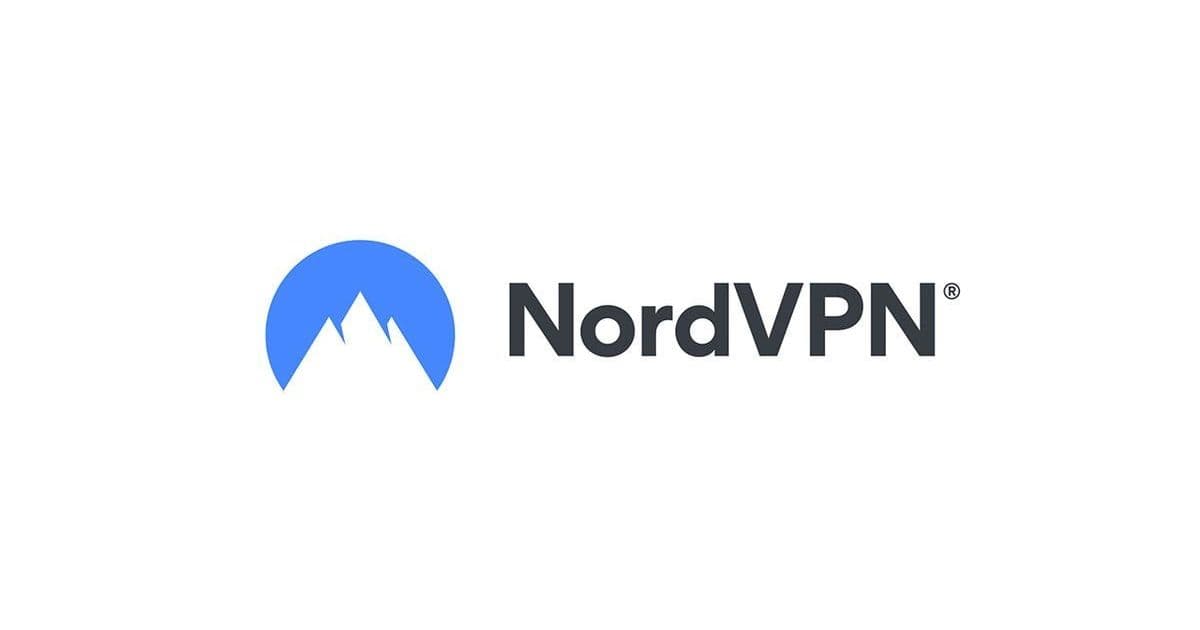As iPhones become primary work devices, choosing the right VPN impacts both privacy and development workflows. We dissect top contenders like NordVPN and ProtonVPN through a technical lens—evaluating encryption protocols, iOS integration, and server infrastructure to help engineers make informed security decisions.
For developers and technical leaders, securing iPhone traffic isn't just about streaming access—it's fundamental infrastructure. With iOS 18 expanding enterprise capabilities and public Wi-Fi remaining a persistent threat surface, VPNs encrypt traffic between devices and networks using protocols like AES-256-GCM and Perfect Forward Secrecy. But not all solutions are engineered equally. After rigorous testing, here’s how top providers stack up for technical users:
The Architecture of Trust: Top Contenders Dissected
| Provider | Core Technical Strengths | iOS-Specific Features | Encryption & Audits |
|---------------|-------------------------------------------|-------------------------------------|------------------------------------------|
| NordVPN | 7,400+ servers, Threat Protection Lite | Siri shortcuts, Low speed impact | Independently audited, RAM-only servers |
| Surfshark | Unlimited devices, Bypasser split tunnel | iOS 14+ support, Multi-hop | AES-256-GCM, No-logs verified |
| ExpressVPN | Lightway protocol, 105 countries | Auto-connect on untrusted networks | KPMG-audited policy, TrustedServer tech |
| Proton VPN | Open-source, Swiss jurisdiction | Free tier with kill switch | Diskless infrastructure, VPN Accelerator |
| IPVanish | Customizable protocols (IKEv2/WireGuard) | Extensive configuration options | SOC-2 audited, Scramble obfuscation |
Why Engineers Should Care Beyond Marketing Claims
- Development & Testing: VPNs enable accurate geo-fencing tests for location-based apps without physical travel. Proton VPN's free tier is viable for basic validation, while NordVPN's minimal speed loss (3% in 2025 tests) prevents workflow disruption.
- Zero-Trust Alignment: ExpressVPN's network-lock kill switch and Surfshark's multi-hop connections align with zero-trust principles—critical when accessing production environments remotely.
- Supply Chain Risks: Avoid obscure providers; IPVanish's SOC-2 audit and NordVPN's bug bounty program demonstrate verifiable security postures versus closed-source alternatives.
"Mobile VPNs must balance encryption overhead with usability. Our tests show NordVPN's 10 simultaneous connections maintain sub-5ms latency even during CI/CD pipeline interactions—a benchmark for enterprise readiness." — ZDNET Testing Lab Notes
The Hidden Costs of 'Free'
Proton VPN's open-source model sets it apart in the ethically fraught free-VPN landscape. Unlike ad-injected alternatives that risk data harvesting, its free tier uses the same audited codebase as paid plans—albeit with limited throughput. For developers building privacy-first apps, this transparency matters.
Strategic Considerations for Teams
- MDM Integration: All reviewed VPNs support mobile device management deployment, but ExpressVPN's API-driven provisioning simplifies scaling.
- Protocol Flexibility: IPVanish supports WireGuard for low-latency real-time app debugging—crucial for VoIP or AR developers.
- Budget vs. Security: Surfshark at $2/month offers unlimited connections for distributed teams, but verify jurisdiction (Netherlands) against data residency requirements.
While Apple's Private Relay offers basic Safari protection, it lacks the full-tunnel encryption and geo-flexibility required for technical work. As remote debugging and cloud-based development grow, a properly configured VPN becomes as essential as your IDE—not just for privacy, but for replicating production environments and mitigating MITM attacks during coffee-shop coding sessions. Choose based on verifiable architecture, not app-store ratings.
Source: ZDNET comprehensive VPN testing methodology (July 2025 update), incorporating speed tests, leak analysis, and protocol evaluation across global nodes.

Comments
Please log in or register to join the discussion